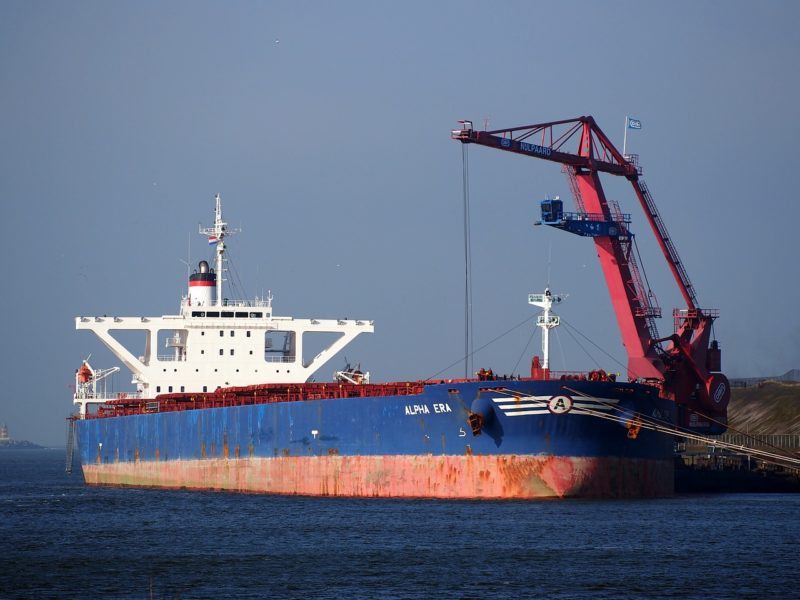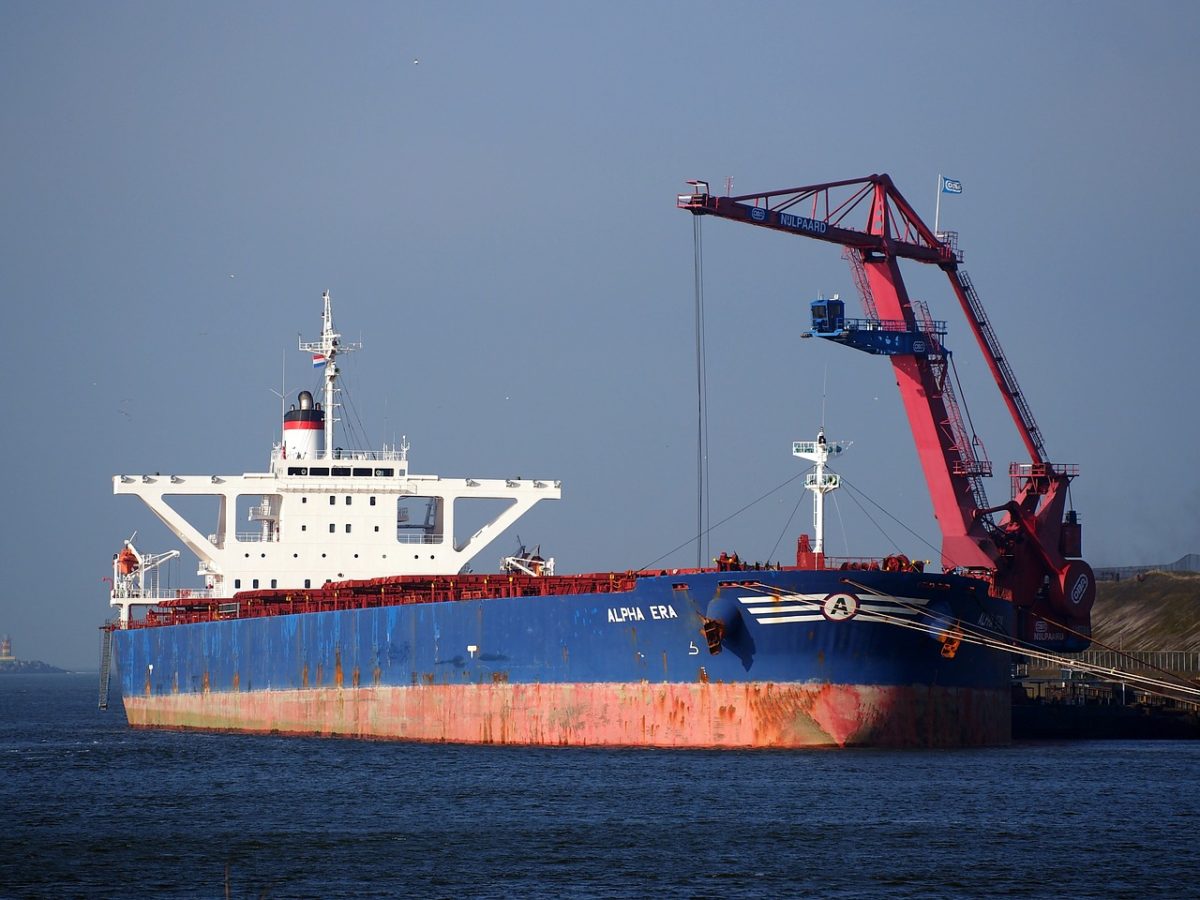
 By Jonathan Saul
By Jonathan Saul
LONDON, May 25 (Reuters) – Shipping companies transporting coal, and iron ore and other commodities are urgently seeking ways to conserve cash and withstand the worst market downturn on record as too many ships chase shrinking business.
A shortage of financing – estimated at $30 billion and caused in part by banks cutting lending to sectors such as shipping – has also hurt companies, sending some to the wall.
“The overall prospects for the dry bulk market are fairly dark – it seems that there is little faith in the market for a recovery. The market mood deteriorates by the day, despite the recent improvement of the Baltic Index,” said Basil Karatzas, head of consultancy and brokerage Karatzas Marine Advisors & Co.
The Baltic Exchange’s main sea freight index, which tracks rates for ships carrying dry bulk commodities, earlier this year crashed to an all-time low of under 300 points.
While it has moved up to just over 600 points of late, the index – which global investors look to for changes in sentiment for industrial demand – is still nearly 95 percent down from its all-time peak in 2008.
“Owners should be prepared to face a market which does not improve until 2018 but hope that improvement comes earlier,” said Tony Foster, chief executive of British shipping asset manager Marine Capital.
In March, Mitsui OSK Lines, one of Japan’s biggest shipping groups, said it would restructure its dry bulk business to cut costs including scaling back operations and selling ships.
Others have sought to reach understandings with their banks. Greek dry bulk group Globus Maritime reached agreement with two of its banks on waivers to loan covenants as well as deferring loan payments due this year.
Chief executive Athanasios Feidakis said it hoped this would help “alleviate some of the pressure we are facing due the current market conditions”.
“The sentiment in the market is bad and the flow of operation and business is not normal. Hopefully, we will not have any more casualties,” Feidakis told Reuters.
“It is very hard for many companies to survive this cash burn, especially if they don’t have a substantial cash reserve or strong investors backing them.”
Norwegian shipping firm Bulk Invest filed for bankruptcy in March after failing to win backing for a financial restructuring.
Lithuanian Shipping Company, founded in 1969, is currently being liquidated, its bankruptcy administrator Dalius Volskis told Reuters. The firm’s fleet of five vessels are being auctioned off with three ships already sold, Volskis said.
Some companies have gone private to cut out the cost of maintaining public stock listings. In recent weeks Hellenic Carriers and Goldenport Holdings announced de-listings from the London Stock Exchange. They declined further comment.
While more ships are set to hit the water into 2017, demand for strategic commodities is weakening in major customer China.
“That means the imbalance gets worse rather than better,” a shipping source said. (Editing by Ruth Pitchford)
(c) Copyright Thomson Reuters 2016.

 Join The Club
Join The Club












